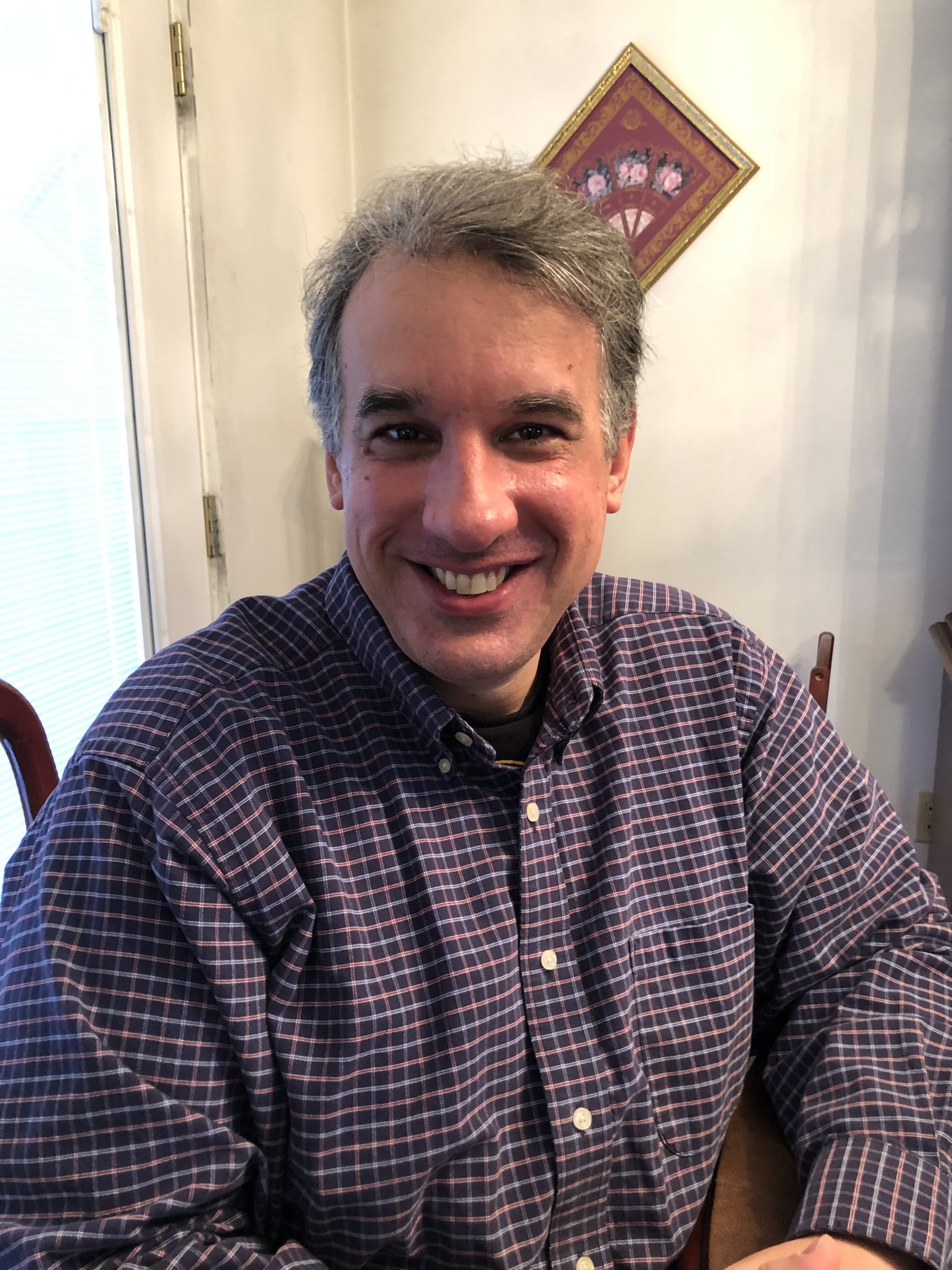
Rev. Dr. Martin Luther King Jr. penned his most famous written address, “Letter from a Birmingham Jail,” in April 1963.
Four months later, in Washington, D.C., he delivered his most celebrated oration, the “I Have a Dream” speech.
What the reverend said to his congregations on Sundays, however, has received far less attention from posterity.
Thus, as we mark our national day of remembrance dedicated to King and his legacy, we go beyond his best-known writings and speeches and follow him inside the Ebenezer Baptist Church in Atlanta, Georgia, where he preached the gospel and implored Christians to fend off a global evil by living out the truths in Christ’s teachings.
On Sunday, Sept. 30, 1962, King delivered a long-forgotten sermon entitled, “Can a Christian Be a Communist?”
Trending:
In 2022, Time magazine did not include this sermon among King’s five greatest. Likewise, LearnOutLoud — an online database of audiobooks, podcasts and videos — does not feature “Can a Christian Be a Communist?” among its “35 prominent speeches and sermons” by King.
Nonetheless, the sermon — like the man himself — deserves remembrance.
Though King did not know it, in a matter of weeks the United States and the Soviet Union would find themselves on the brink of nuclear war during the October 1962 Cuban Missile Crisis.
Global communism, therefore, occupied many Americans’ attention.
Furthermore, at a time when the Marxist ideas at communism’s core have returned in repackaged form as modern wokeness, it behooves us to understand King’s message about communism’s challenge to Christianity.
When the 33-year-old reverend began speaking that Sunday, someone pressed play on a tape recorder. His words, therefore, appear as transcribed.
King struck a somber note when he observed that “communism is having widespread influence in the contemporary world.” Indeed, across the globe “people have accepted it as a new religion.”
For this reason and others, communism represented “Christianity’s most serious rival.”
With this in mind, it did not take long for the reverend to arrive at his central point.
“Now, let us begin by answering the question which our sermon topic raises: Can a Christian be a communist? I answer that question with an emphatic ‘no.’ These two philosophies are diametrically opposed,” King said.
The reverend then gave three reasons why communism stands in opposition to Christianity.
“In the first place, it leaves out God and Jesus Christ,” King said of atheistic communism.
Secondly, “its methods are opposed to Christianity.”
“Since for the communist there is no divine government or no absolute moral order, there are no fixed, immutable principles. So force, violence, murder, and lying are all justifiable means to bring about the millennial end,” he added.
Thirdly, “we have to disagree with communism because the end of communism is the state.”
Here King elaborated in a way that would warm any libertarian’s heart.
“And so in the communistic system, you do not have freedom of the press. You do not have freedom of speech. You do not have freedom of assembly. All of these things are under the scrutiny of the state, which is manipulated through the party. And whatever the Party says, that must be done. All of the freedoms that are dear to us are denied. Man has to be a servant, a dutiful and submissive servant of the state,” he said.
The answer to King’s titular question, therefore, left no room for doubt.
“We must try to understand communism. We must love communists. But never can we accept communism and be true Christians,” he said.
From there, however, King raised the stakes. He argued, for instance, that Christians would never defeat communism unless they understood its appeal and accepted its challenge.
“Indeed, it may be that communism is a necessary corrective for a Christianity that has been all too passive and a democracy that has been all too inert,” he said.
Communists offered solutions to the poor — something Christians once did and must do again.
“Christians are always to begin with a bias in favor of a movement which protests against unfair treatment of the poor, but surely Christianity itself is such a protest,” the reverend said.
Then, King’s pleading for the poor grew more fervent.
“Oh, I tell you this morning, and I believe in immortality. I believe in it firmly and absolutely. But I’m tired of people telling me about the hereafter and they don’t tell me about the here. You can’t say hereafter without saying here. It’s all right to talk about silver slippers in a symbolic sense over in heaven, but give me some shoes to wear down here. It’s all right to talk about long white robes over yonder, but give me some clothes to wear down here,” he thundered, as members of the congregation punctuated his sermon with cries of “Yeah!” “Yes, sir!” “Amen!” and “Preach it, brother!”
While rejecting the communist creed, King applauded communists’ devotion to their cause and urged Christians to mimic it.
“One watches that zeal, and one has to say, ‘Why is it that Christians don’t have this zeal?” he said.
Mimicking “that zeal” would require professed Christians to behave like Christians. But they had not done so. Thus, they had only themselves to blame for the rise of atheistic communism.
“And it may well be that communism is in this world today because Christians haven’t been Christian enough and democracies haven’t been democratic enough. … It may well be that the success of communism is due to the failure of Christians to live up to the basic principles of Christianity,” King said.
The reverend even took his own congregation to task.
“And I submit to you that every person sitting in church this morning is biblically and is religiously illiterate. If I’d ask somebody here this morning, where is the Book of Exodus? you’d say it’s in the New Testament. If I’d ask you, where is the Book of Revelation? you may say it’s the first book in the Bible, in the Old Testament. Our children come up religiously illiterate. Adults go through life religiously and biblically illiterate,” he lamented.
In typical King fashion, however, he brought his congregants back to soaring heights and implored them to “witness” for Christ.
As he explained, this is no small matter. It demands the whole of a Christian, even his or her life, if necessary.
“The word ‘witness’ means being willing to die for the cause of Jesus Christ. This morning, my friends, we must believe that there is something so dear, something so precious, something so eternal, that we’ll die for it. And if you haven’t discovered something that you will die for, you aren’t fit to live,” he said.
Then came a passage that gives one chills in light of King’s 1968 assassination.
“You may be 30, as I’ve said so often, at that moment some great principle stands before you, some great truth, some great decision, and you fail to take a stand because you are afraid that something will happen to you or that you will be killed and you want to live a few more years. Well, you might go on and live until 80, but I submit to you that you were just as dead at 30 as you are at 80 and the cessation of breathing in your life is merely the belated announcement of an earlier death of the spirit.”
In short, if a Christian will not die for Christ, then he or she already qualifies as spiritually dead.
To conclude, King noted that force alone would never rid the world of communism.
“The only way that we can defeat communism is to get a better idea, and we have it in our democracy. We have it in our Christianity. And if we will live by it, we won’t have to worry about communism,” he said.
Indeed, whether in 1962 or 2024, Christians will overcome evil in no other way.








